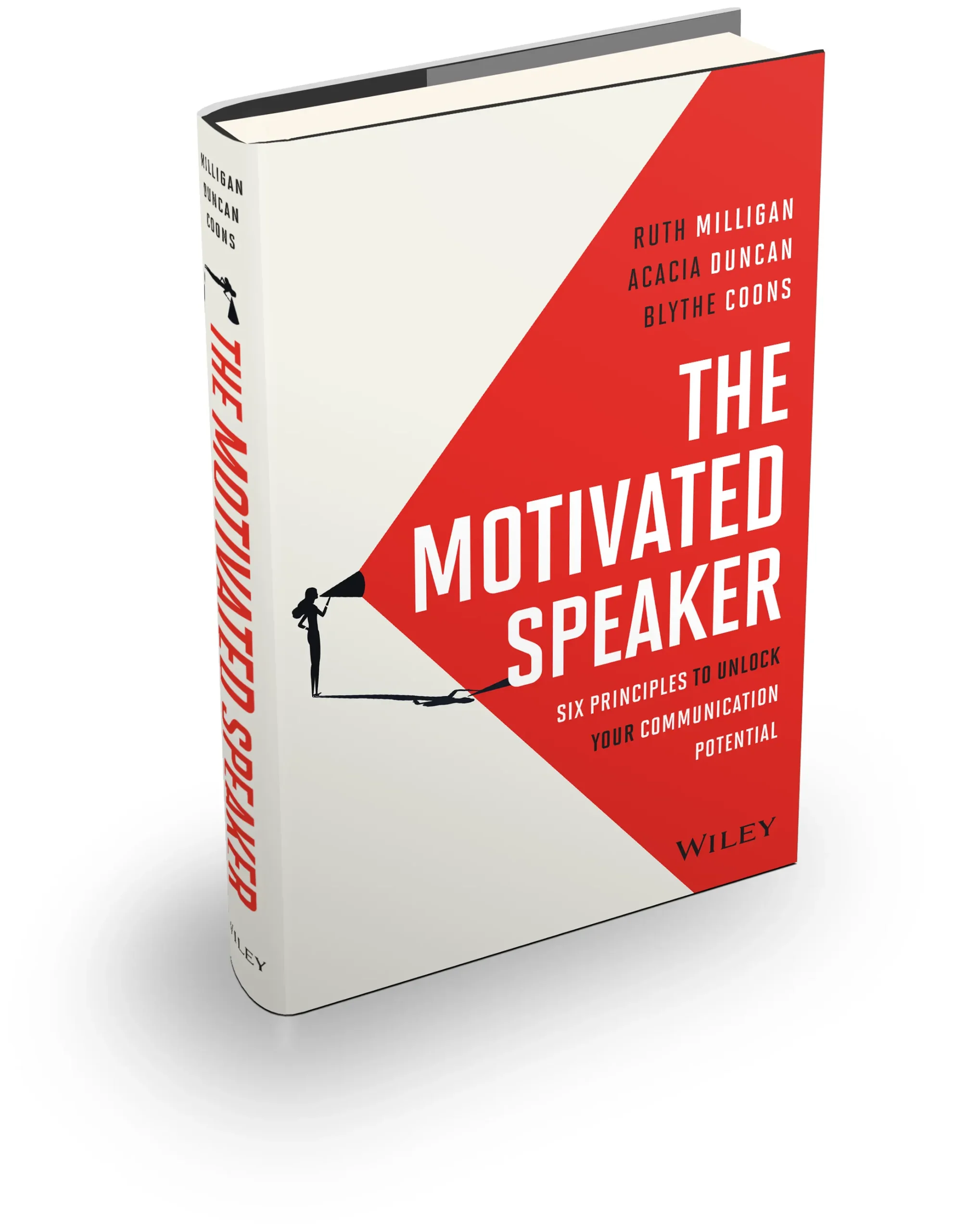I just took the Miami Writing Institute class. It’s a 4-5 hour online “taste” of what Miami University has been teaching teachers about writing within each academic discipline and genres through their nationally known Howe Center for Writing.
A few weeks ago, I was on panel with its director, Elizabeth Wardle, Ph.D. and had some incredible “ahas!” about our work and its parallels to teaching writing.
In this article, I share my reflections on these connections. I hope you will find it as interesting as I did.
The Common Requirements
Liz asks the question at the beginning of the class: “Try to write something general, for no one in particular.”
Go ahead, try it. I dare you.
You will, if you are like me, immediately begin thinking of the different conventions of writing you’ve done lately. Are any of them general or for no one in particular?
A journal? That’s for your self reflection.
A grocery list? That’s for your spouse.
A label on a box of cereal? That’s for a consumer needing nutritional information.
You get the point. (Fictional works could be excluded, but even so, they are written for an intended reader, even though they aren’t crafted for a specific outcome).
So I pressure tested the same question for speaking. “Try to say something general, for no one in particular.”
The best I could get was mumbling to myself. But even then, it was to myself. (Just like I did today when I walked the dog and practiced a presentation out loud.)
There is spoken word poetry, but that is art.
There is reprimanding a child. Now, that IS rhetorical. Influencing them to change their behavior.
And again, you get the point.
Both writing and speaking share this common requirement. They both need an audience, context and purpose.
We spend tireless hours in our Message Method class explaining that audiences should dictate what we say.
As in:
What questions do they have? What biases do they have?
What do they know about the subject… aka context? How much proof do they need to believe something is true? Do they share the same language as you?
And what do you want them to do with the message… aka purpose?
Get Off the Page and Into Your Voice
But this led to a difficult question that neither Liz nor I had an immediate answer for.
Why is it so hard to write like we speak?
And more importantly, to translate what we have written into a speakable form?
I called a close client recently to give her feedback that a video she posted on LinkedIn did not sound like her. I could tell she was reading it, and she was. Worse yet, they were NOT her own words, but of someone else. She was too busy to fuss with editing it, so she just hit record, read it to the camera and uploaded it. Best thing I could say was that the video quality was decent.
I’m also in a project where there are literally dozens of pages of content that need to be transformed for rhetorical delivery. You know, using logos (logic), ethos (credibility of the speaker), and pathos (emotion). But they are written technically for a different audience (a reader with a specific checklist) than a listener (with likely a different check list and shorter attention span, not to mention a timer).
So I reminded myself of the four things I do to help “get off the page” and “into my voice.”
- I record myself and then transcribe it back. That way it might be written, but it is my cadence and breath pattern of delivery that I’m reading. Sometimes I’ll repeat this a few times.
- If someone writes something for a client to deliver, I remind them to hack away at it with hard returns. The #1 challenge is that we write in MUCH longer sentences than we speak. So break them up.
- Go back to that recording and listen back to yourself. It’s amazing how much confidence you can gain from listening to your own voice. And add the mantra, “I got this.”
- If you are reading from slides or have long sentences on slides, just stop. And start over, because you are very confused and will confuse your audience. Are you reading what you wrote or trying to fit what you said onto a slide? Yeah. Confused.
Happy speaking — and writing.
Want to Speak with Impact? We Can Help.
Do you have an important talk on the calendar? We can help. We’ve worked with leaders from business, education, science, healthcare, and philanthropy put their message into stories with impact. Contact us and let us know how we can support you.


